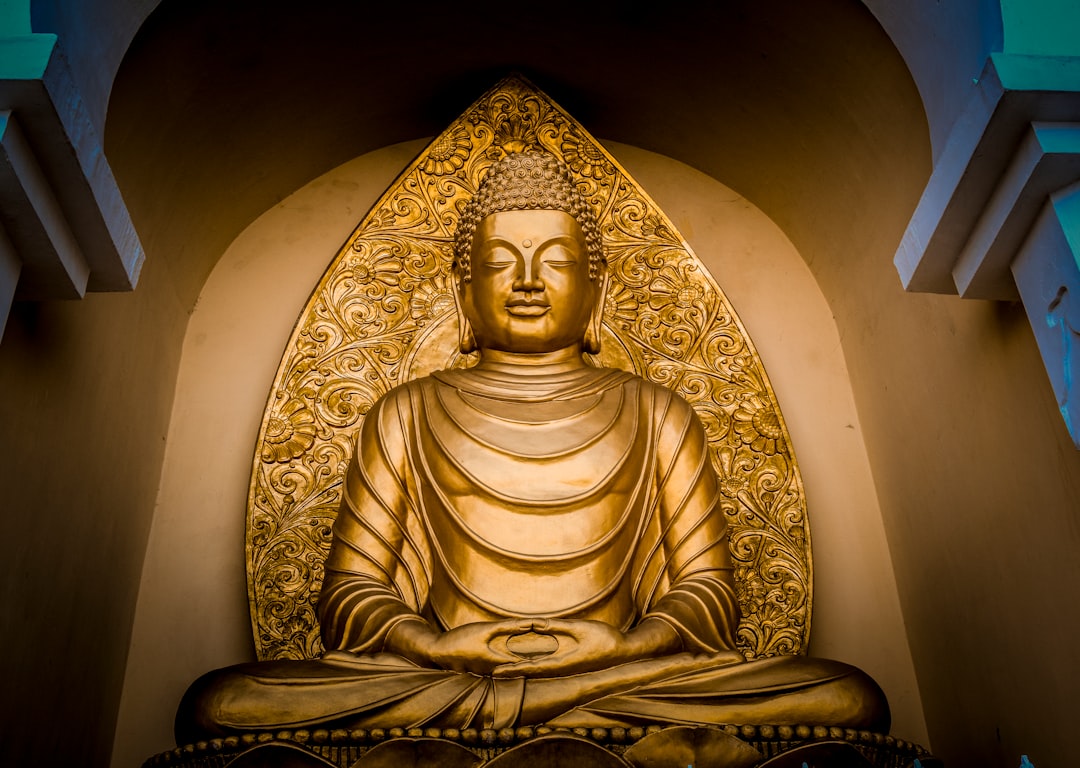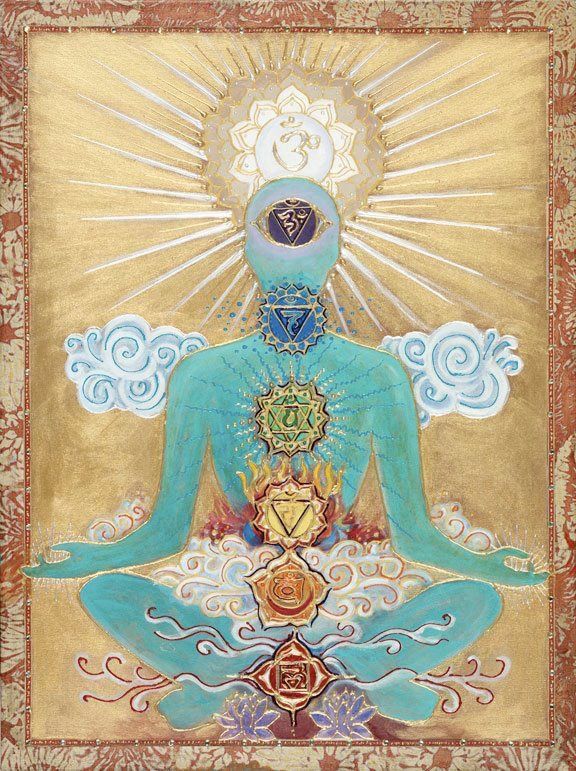Meditation
The Yogic Definition
Meditation or Dhyana is the seventh limb of the Ashtanga Yoga system as propagated by Sage Patanjali, this stage is attained by the practitioner after mastering the Dharana which is the capacity of the mind to focus itself on a constant. Traditionally Dhyana or Meditation is explained as "That which flows effortlessly" meaning its a stage or condition in the mind of the practitioner where the Yogi is able to be in the state of flow, where the separation of the subject, the object and the act of observance has merged into each-other.

Meditation as new concept of living in the modern time
Meditation from its eastern roots means “to cultivate” (in Sanskrit) or “to become familiar with” (in Tibetan). During the practice you experience self-observation and self-development. The aim of Meditation is becoming familiar with our thoughts and feelings in order to transform the quality of our experiences in relationship to ourselves and others around us.
As practitioner and follower of quantum science I have integrated yogic meditation with practices based on the law of attraction. Furthermore you develop the ability of becoming more skilled at altering your brainwave patterns. Subsequently you are able to move into your subconscious mind, where you can build your new reality.
Different type of Meditation techniques are available.
GUIDED MEDITATIONS
BUDDIST MEDITATIONS
OSHO ACTIVE MEDITATIONS
Meditation


The path of meditation requires a moderate and regulated life, avoiding too much or too little food, work, and sleep, or the use of the senses.
Attention must remain in the soul at all times.
For such a person, yoga destroys all pain.
- Bhagavad Gita
"When meditation is mastered,
The mind is unwavering like the
Flame of a lamp in a windless place.
In the still mind,
In the depths of meditation,
The Self reveals itself."
- Bhagavad Gita
